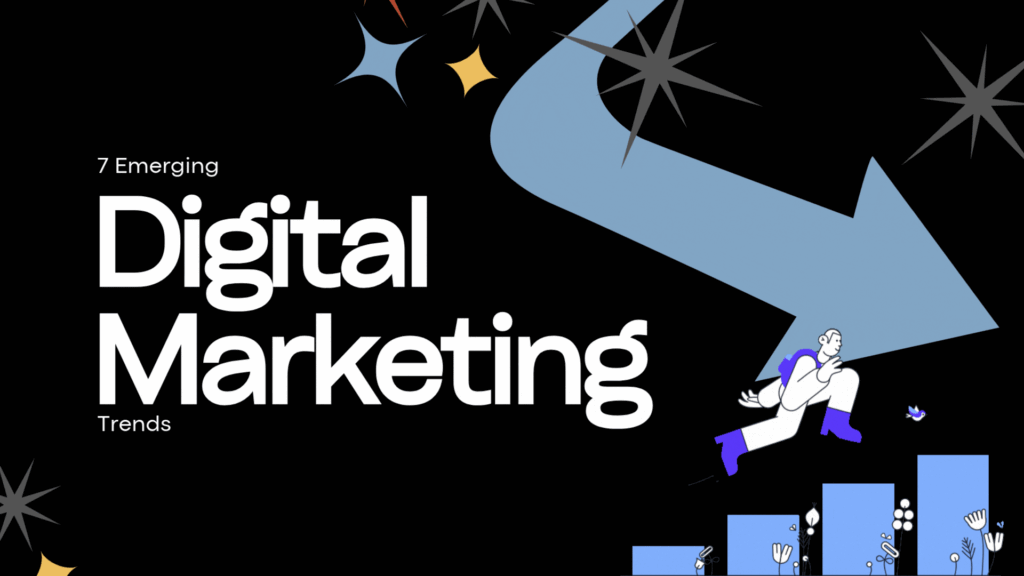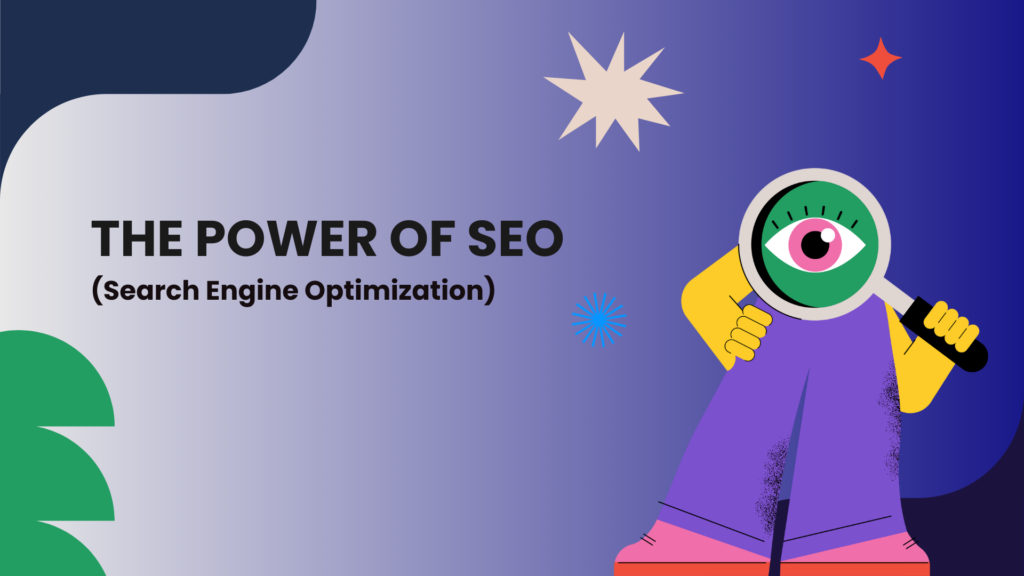Artificial Intelligence (AI) is no longer an exclusive tool for big corporations. In 2025, AI has firmly established itself as a transformative force for small businesses, driving efficiency, improving customer experience, and unlocking new opportunities for growth.
From marketing automation to streamlined operations, AI is helping small enterprises stay competitive in an increasingly digital world. Let’s explore how this revolutionary technology is reshaping the business landscape.
Why AI is a Must-Have for Small Businesses
Gone are the days when small businesses relied solely on manual processes to run operations. AI provides affordable and scalable solutions that automate repetitive tasks, analyze customer behavior, and streamline workflows.
For instance, businesses that embrace modern AI-driven strategies—such as creating responsive websites or automating lead generation—see improved customer engagement and higher conversion rates. On the other hand, companies sticking to outdated systems risk falling behind competitors who are faster, more efficient, and more customer-focused.
Key Areas Where AI is Transforming Businesses
1. Customer Service Reinvented with AI
The way businesses interact with customers has drastically changed. AI-powered chatbots and virtual assistants have become the backbone of customer service, providing instant responses and personalized recommendations.
How it works:
– AI can handle queries, resolve complaints, and escalate complex issues to human representatives seamlessly.
– These tools ensure businesses stay available 24/7, improving customer satisfaction and trust.
For example, integrating an AI-powered chatbot into a business website can improve user experience, reducing wait times and boosting customer retention.
2. Boosting Marketing and Lead Generation
Marketing strategies in 2025 are smarter and more data-driven, thanks to AI. Predictive analytics and automated tools allow small businesses to:
– Identify potential customers with precision.
– Personalize ad campaigns for maximum impact.
– Streamline follow-ups, nurturing leads into long-term customers.
Businesses adopting AI for their marketing efforts often experience significant improvements in lead quality. These tools analyze patterns in customer data to predict behaviors, allowing businesses to focus their efforts on prospects most likely to convert.
3.Modernizing Websites with AI Integration
An outdated website can be a liability for small businesses. A modern, responsive website powered by AI enhances both usability and visibility.
What AI brings to websites:
– Responsive designs that adapt to user behavior.
– Enhanced SEO capabilities for better search rankings.
– Interactive features like chatbots, personalized recommendations, and dynamic content.
Companies that update their websites with these features not only attract more visitors but also retain them longer, leading to higher conversions.
4. Streamlining Operations with AI Tools
AI isn’t just about customer-facing solutions. Behind the scenes, it automates tasks that traditionally required hours of manual effort.
– Inventory Management: AI predicts stock needs, avoiding overstock or shortages.
– Scheduling: Automated scheduling tools ensure resources are optimized.
– Financial Insights: AI-powered platforms provide real-time insights, helping businesses budget effectively.
For example, a retail store that implemented AI-driven inventory management reduced overstock by 30%, saving thousands in operational costs
Challenges of Implementing AI
While the benefits of AI are clear, small businesses may face challenges, such as:
– Initial Investment: Upfront costs for tools and training can seem daunting.
– Adaptation Time: Teams may need time to learn how to leverage AI effectively.
– Data Privacy Concerns: Handling customer data responsibly is critical.
Despite these hurdles, businesses that invest in AI early often see exponential returns in the long run.
Final Thoughts
In 2025, AI is no longer a luxury—it’s a necessity for small businesses striving to grow in a digital-first world. By automating workflows, enhancing customer interactions, and driving smarter decision-making, AI unlocks opportunities that were once out of reach.
The key to success lies in embracing these tools and adapting to the changes they bring. Businesses that do so will find themselves ahead of the curve, ready to meet the demands of the future with confidence and efficiency.



